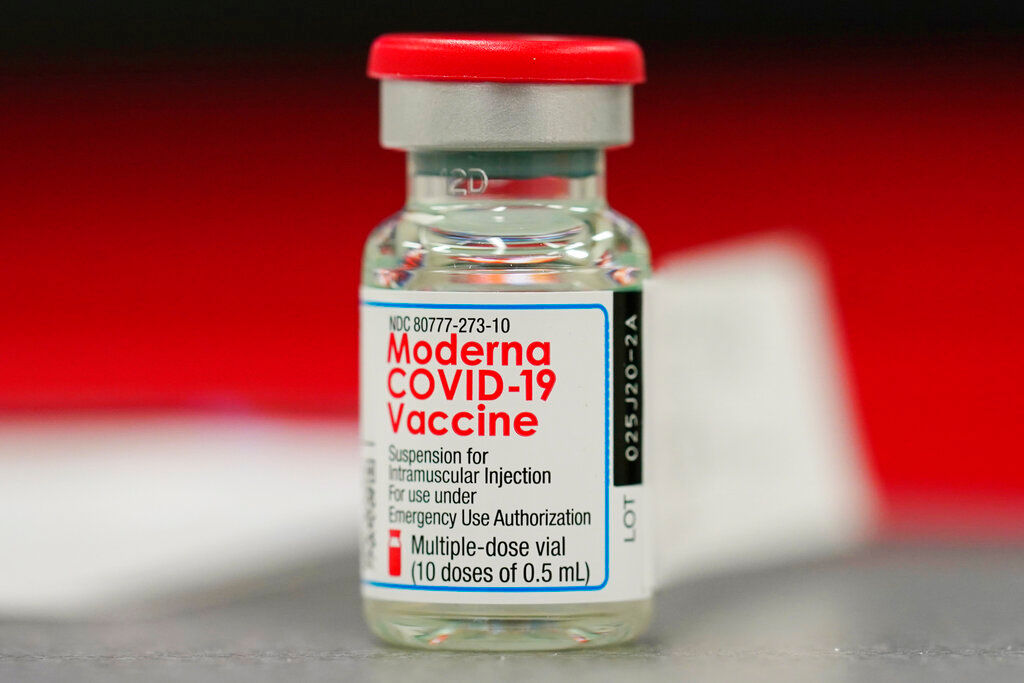People who have been fully vaccinated against COVID-19 are 16 times less likely than those who have not to end up in intensive care or die from a coronavirus infection, according to an Australian government study.
In Australia’s most populous state, nearly 16 out of 100,000 people who had not yet received a COVID-19 vaccine ended up in intensive care or died after contracting the virus, compared to less than one out of every 100,000 who had been fully vaccinated, read the data compiled by health authorities in New South Wales.
Also Read | India seeks broader Covaxin approval after WHO emergency use listing
A clutch of vaccines are now widely available as antidotes to the coronavirus. Pfizer Inc and BioNTech SE have collaborated on highly effective mRNA vaccines, Moderna Inc. has developed a similar one, and the University of Oxford and AstraZeneca Plc have teamed up to create a viral vector vaccine.
The findings add to a growing body of evidence that vaccines’ protection against severe disease and death continues to hold up over time, even as protective antibodies wane, allowing more breakthrough infections. Unvaccinated people were 20 times more likely than those who were fully protected to die from the virus, according to Texas data.
Also Read | US Mexico border reopens after 20 months of COVID shutdown
Such findings will almost certainly strengthen the case for countries to treat COVID-19 as an endemic that causes mostly mild symptoms in those who have been vaccinated. COVID-19 puts less strain on local health-care systems because of mass vaccination, which prevents overcrowding in hospitals and increased demand for intensive care and ventilation, which were all hallmarks of the crisis in many countries during the early days of the pandemic.
In the two weeks leading up to September 7, data from New South Wales revealed that vaccination reduced the risk of infection by more than tenfold.
When compared to older people, teenagers appeared to be more effective at warding off the virus. “Young people with two doses of a vaccine experienced lower rates of infection and almost no serious disease, while those unvaccinated in this age group were at greater risk of developing COVID-19 and needing hospitalisation,” NSW Chief Health Officer Kerry Chant said in a statement.







